Srinivasan Services Trust, a new hope for drought-stricken villages, de-silted 276 tanks
By- Srinivasan Services Trust (SST)
January 17, 2022
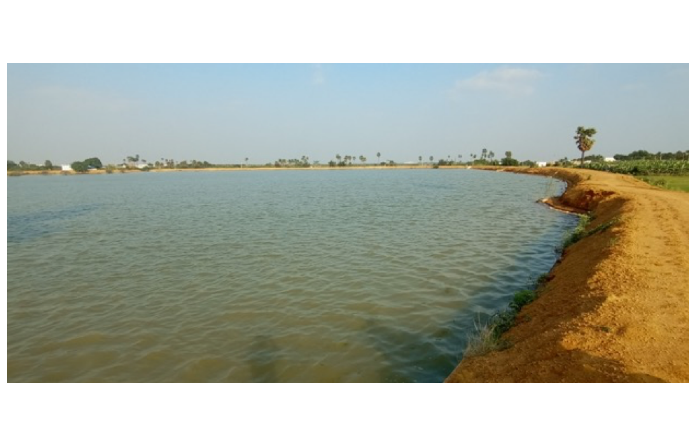
Srinivasan Services Trust (SST)
India is faced with a severe water crisis. More than 70 percent of the country falls under dry zones and large parts of it experience drought – caused as much by climatic reasons as by mismanagement of water resources. Natural water bodies such as lakes and ponds are sources of drinking water, help control floods, support biodiversity and regenerate groundwater. Unfortunately, the number of lakes in India is continuously diminishing. Water bodies are rapidly filling with sludge, sediment, silt, and heavy weed growth, making them unusable for most activities. If there is silt, the depth of the water bodies reduces, and the capacity of the water bodies also goes down. So, in a pond or a lake, to maximize storage and water carrying capacity, desilting is carried out. Secondly, it also mitigates flooding.
Desilting is becoming a major component of any Lake Conservation Project nowadays. There are organizations like Srinivasan Services Trust (SST), who are trying their best in nurturing mother Earth and allowing her to be the best she can be. SST, the social arm of TVS Motor Company, has successfully facilitated respite for several drought-hit villages in Tamil Nadu and Maharashtra with the help of their project – revival of minor irrigation tanks/lakes. As a part of its focus on the development and sustenance of the environment, SST has actively de-silted 276 tanks/ lakes, working closely with government authorities in these states.
A total of 276 tanks/lakes, including minor irrigation tanks in Tamil Nadu and lakes in Maharashtra, have been de-silted. These include 21 minor irrigation tanks in Padaivedu, Tiruvannamalai district, 37 minor irrigation tanks in Navathirupathi, Thoothukudi district, 44 minor irrigation tanks including 2 PWD Tanks and 6 Minor Irrigation tanks in Thirukkurungudi, Tirunelveli district, 8 minor irrigation tanks in Harur, Dharmapuri district, 28 minor irrigation tanks in Hosur, Krishnagiri district, 48 minor irrigation tanks in Anbil, Trichy district, 54 ponds in Sirgazhi, Nagapattinam district, 7 minor irrigation tanks in Arani, Tiruvannamalai district, 5 minor irrigation tanks in Alwarthirunagari, Thoothukudi district, 1 minor irrigation tank in Coimbatore, and 17 lakes in Shirur, Pune district.
The forecast of a promising monsoon with continuous rainfall prompted SST to take up de-silting work in association with the Governments of Tamil Nadu and Maharashtra. SST teams identified tanks, lakes, and ponds which are meant to be used for irrigation purposes and carried out de-silting works including de-clogging of all supply channels for free flow of water.
According to SST, 19.40 lakh tonnes of silt have been removed from 276 tanks. The removal of this silt has resulted in the creation of an additional storage capacity of 55.0 million cubic feet (Mcft). The increased water storage capacity is 1560 Million liters. These areas also witnessed an increase of around 5 to 7 feet in their respective water tables. More than 5400 farmers have benefitted from this initiative with 9700 wells and bore wells being recharged. Because of this project, the period of water available in the tanks extends to more than 90 days.
As an offshoot of this measure, the land will not remain parched. With many of these areas receiving continuous light showers, the dried-up grass pastures have turned green, making grazing of cattle possible and reducing the quantity of fodder that would have been required to feed the cattle. The trust also facilitated farmer education across topics such as conservation of water using methods such as rainwater harvesting and building check dams, and methods to enhance crop yields without over-fertilizing the land.
Mr. Swaran Singh, Chairman, Srinivasan Services Trust said, “SST believes in investment in community and community assets. We don’t like to spend our annual budgets but to create assets so that there is sustainability and stability. We have covered 276 tanks at a cost of roughly about 16 crores and that was done with community participation.”
SST works with communities and governments to empower India’s rural poor through awareness, skills, and training programs by helping them find solutions that are sustainable, in areas ranging from economic development, infrastructure to healthcare and education. SST’s holistic approach focuses on key areas of Economic Development, Health, Education, Infrastructure, Environment and Social and Cultural Development in the villages. Working in a multi-disciplinary approach, this SST combines scientific, social, and environmental aspects of sustainability and sensitizes local communities to understand the importance of environmental conservation.
Source

Srinivasan Services Trust (SST) is a Non-Profit and non-governmental organization, (CSR arm of Sundaram-Clayton Ltd and TVS Motor Company Ltd) carrying out rural development activities since 1996
© Renalysis Consultants Pvt Ltd


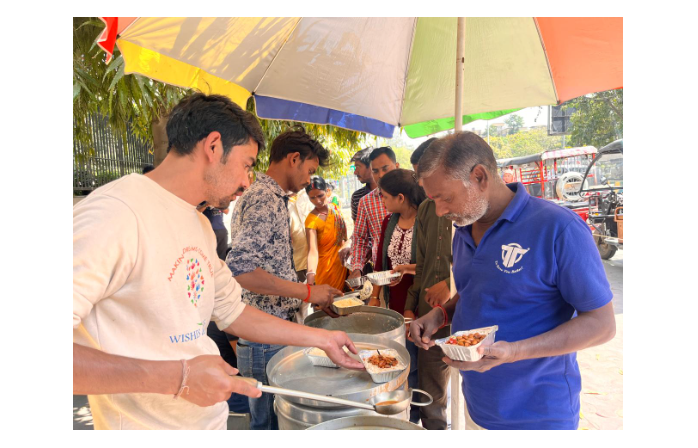
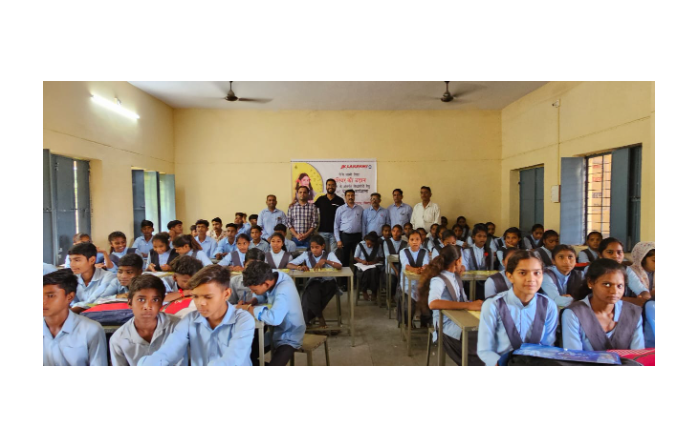

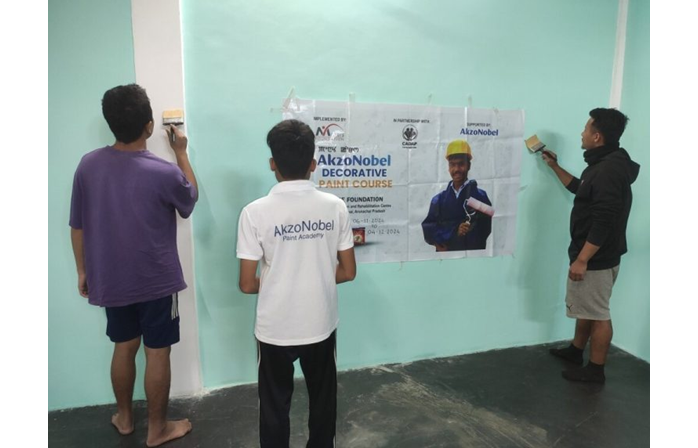
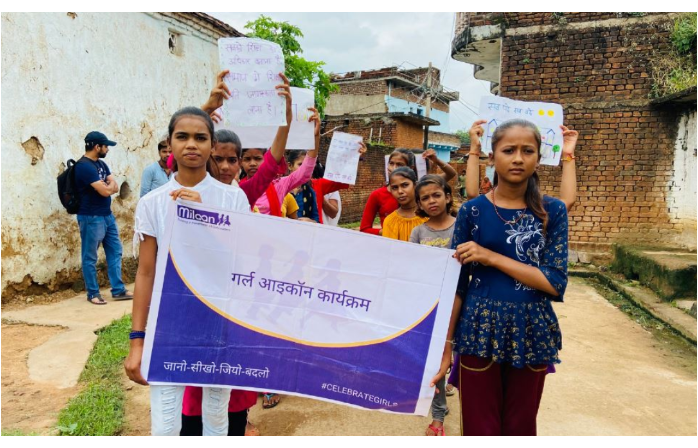
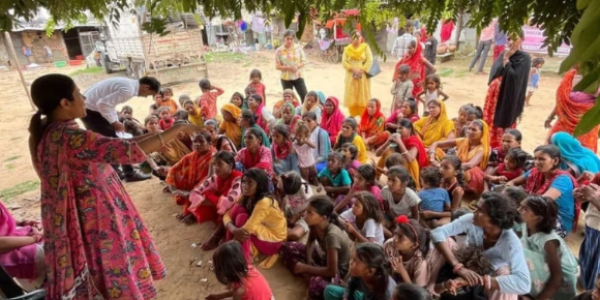

.png)